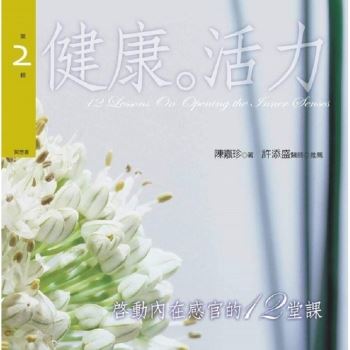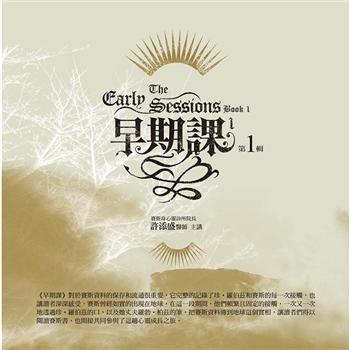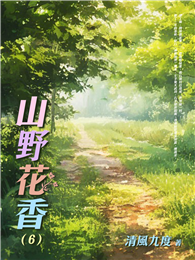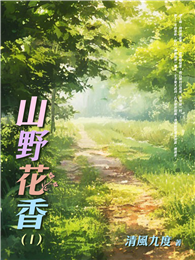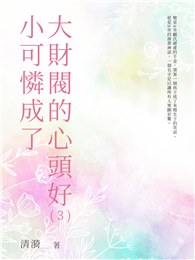She was born in Allegheny City, Pennsylvania, which has been a part of the city of Pittsburgh since 1907. Her father was a frustrated inventor, and throughout her childhood, the family often had financial problems. She was left-handed at a time when that was considered inappropriate, and she was trained to use her right hand instead. She attended public schools and graduated at the age of sixteen, then enrolled at the Pittsburgh Training School for Nurses at Homeopathic Hospital, where graduated in 1896. She described the experience as "all the tragedy of the world under one roof." After graduation she married Stanley Marshall Rinehart, a physician whom she met there. They had three sons: Stanley Jr., Frederick, and Alan. During the stock market crash of 1903 the couple lost their savings, and this spurred Rinehart’s efforts at writing as way to earn income. She was 27 that year, and she produced 45 short stories. In 1907 she wrote The Circular Staircase, the novel that launched her to national fame. Her regular contributions to the Saturday Evening Post were immensely popular and helped the magazine mold American middle-class taste and manners. Rinehart’s commercial success sometimes conflicted with her domestic roles of wife and mother. Yet she often pursued adventure, including a job as the first woman war correspondent at the Belgian front during World War I. Rinehart wrote hundreds of short stories, poems, travelogues and special articles. Many of her books and plays, such as The Bat (1920) were adapted for movies, such as The Bat (1926), The Bat Whispers (1930), and The Bat (1959). While many of her books were best-sellers, critics were most appreciative of her murder mysteries. Rinehart, in The Circular Staircase (1908), is credited with inventing the "Had-I-But-Known" school of mystery writing. The Had-I-But-Known mystery novel is one where the principal character (frequently female) does less than sensible things in connection with a crime which have the effect of prolonging the action of the novel. Ogden Nash parodied the school in his poem Don’t Guess Let Me Tell You: "Sometimes the Had I But Known then what I know now I could have saved at least three lives by revealing to the Inspector the conversation I heard through that fortuitous hole in the floor."
| FindBook |
有 1 項符合
The Breaking Point的圖書 |
 |
The Breaking Point 作者:Rinehart 出版社:Createspace Independent Publishing Platform 出版日期:2008-09-05 語言:英文 規格:平裝 / 486頁 / 22.91 x 15.19 x 2.74 cm / 普通級/ 初版 |
| 圖書館借閱 |
| 國家圖書館 | 全國圖書書目資訊網 | 國立公共資訊圖書館 | 電子書服務平台 | MetaCat 跨館整合查詢 |
| 臺北市立圖書館 | 新北市立圖書館 | 基隆市公共圖書館 | 桃園市立圖書館 | 新竹縣公共圖書館 |
| 苗栗縣立圖書館 | 臺中市立圖書館 | 彰化縣公共圖書館 | 南投縣文化局 | 雲林縣公共圖書館 |
| 嘉義縣圖書館 | 臺南市立圖書館 | 高雄市立圖書館 | 屏東縣公共圖書館 | 宜蘭縣公共圖書館 |
| 花蓮縣文化局 | 臺東縣文化處 |
|
|
圖書介紹 - 資料來源:博客來 評分:
圖書名稱:The Breaking Point
|

